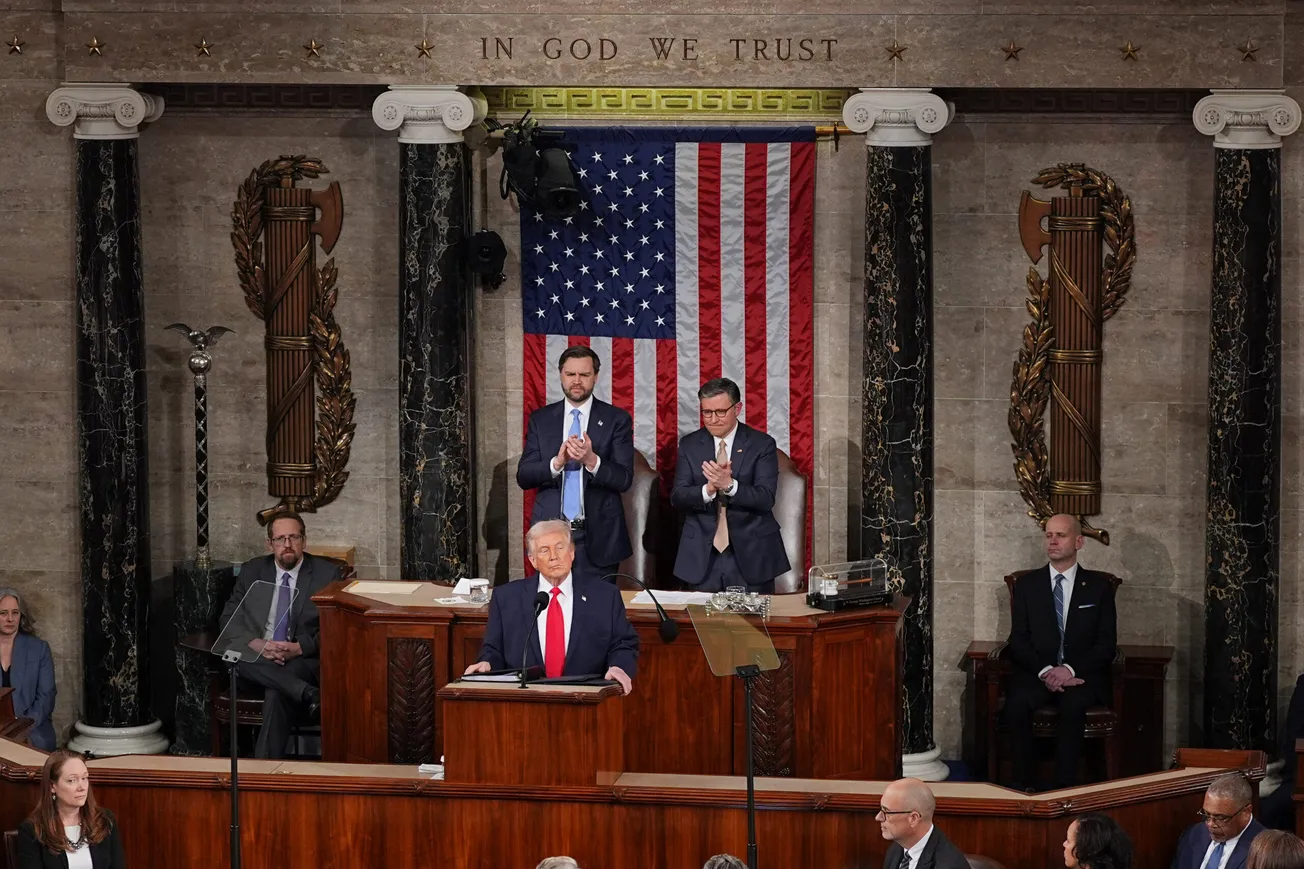Table of Contents
Take fewer classes, read more books.
Finals are in full swing. Google Calendars are filled with a hodgepodge of overlapping colored events. Professors lectured to empty classrooms during dead week as students studied in their dorms and regretted signing up for 20 units. Throughout the quarter, a desire to succeed and fear of falling behind pushes Stanford students to sign up for more classes than they can handle.
Amid all this stress, students leave out free time for reading.
Part of this neglect is understandable. Many students grew up in a structured environment in which constantly attending classes and extracurricular activities was routine. The few empty spaces left on calendars soon are filled with events labeled “Dinner with friend” of “Office hours” as students try to balance their social and academic lives. But, among those colored blocks, there is no time devoted to reading. While most people agree that reading is valuable, they don’t realize that reading is an investment that can also save them time. Unlike online articles, which can be written quickly and published without any peer review, books will be reviewed by respected publications, experts in the field, and its readers. Furthermore, the fact that authors have several hundred pages rather than a few mouse scrolls to explain their arguments forces thoughtfulness and detail. As a result, a single book can efficiently replace many ten-week social science classes such as economic theory and psychology, and even business classes such as marketing and design.
Best of all, instead of waiting until a particular quarter to take a class, you can learn the material immediately through books. Consider the 5-unit class ECON 178: Behavioral Economics. According to Carta, the time commitment for the class averages to 9.67 hours a week or 96.7 hours total. (For simplicity, we’re assuming 20 hours for the 5% of students who surveyed >15 hours.) In comparison, reading a text that covers similar material, the 500-page Thinking Fast and Slow by Daniel Kahneman, would take about 20 hours (which is a fairly generous estimate). In addition to taking less time, Thinking Fast and Slow is an extremely dense book that includes much research beyond the scope of the class. Students can save so much time from reading that they can maximize their time at Stanford by primarily taking classes that can’t be replaced by books — usually those including problem sets and programming assignments, or experiential classes such as peer counseling and social dance.
Some might argue that group discussions with world-renowned faculty make classes with required readings valuable. In theory, they may be right. But in practice, discussions — and the individual leading them — can vary highly in quality. Some lead to valuable insights, while others digress along tangents. Often, a desire for a high class participation grade incentivizes students to value quantity over quality. The first student to respond to the discussion leader usually answers most of the question. Others often resort to rephrasing the first person’s comments to fulfill the participation requirement.
Instead of class discussions, why not read books and come up with a list of questions to ask the smartest people in the field? One of the greatest privileges of being a Stanford student is that successful people are surprisingly willing to have one-on-one conversations. Of course, since meeting people just for its own sake can be a waste of time for both participants, books can provide talking points to learn about a specific subject and test your own conclusions in a conversation. As Ray Dalio writes in Principles, “I [stress-test] my opinions by having the smartest people I [can] find challenge them so I [can] figure out where I [am] wrong.” Likewise, Stanford students are obsessed with finding and following their passions. Testing their ideas with leaders would help them quickly improve and determine what matters to them and why. Reading and these one-on-one discussions could also expose students to a diversity of viewpoints; the election of Donald Trump showed us the dangers of living in an echo chamber and why both conservatives and liberals need to be open to others’ thoughts.
Even outside of politics, lack of reading can contribute to the decline of intellectual vitality, which is ironically one of the criteria the university uses to examine its applicants, among Stanford students. Without new information, students seem to fall back onto the worldviews of their peers instead of researching the issue for themselves and forming original opinions. Intellectual discussions thrive when both parties have read material on the subject and are confident enough through all the knowledge they’ve gained through reading to share their opinions. Complex, nuanced discussions, such as the tradeoff between privacy and transparency, take a back seat to surface-level conversations about how hard the last problem set was or how someone’s doing with internship recruiting.
But most importantly, reading helps us make better decisions, in whatever field we pursue. Engineering students, for example, are often the last line of defense against potentially dangerous and unethical practices in an economy that has become information-, not industry-, based. Incidents, such as the FBI-Apple encryption dispute, illustrate that engineers must be well-read about the implications of technology on policy and society. As The Sovereign Individual explains, “The instantaneous sharing of information will be like a solvent dissolving large institutions. It will radically alter information and transaction costs that determine how businesses organize and the way the economy functions.” It’s essential that Stanford students studying artificial intelligence read and discuss AI safety and how self-driving cars will affect truck drivers, the most common job in America, so that they are able to make the best decision for all parties involved.
To paraphrase entrepreneur and writer Jon Westenberg, what we call following our gut is really every piece of information we’ve ever consumed subconsciously guiding us, shaping our ideas and instincts. Since books condense life experiences, including overcoming failures, into a few hundred pages, their lessons can help us avoid costly mistakes early on, whether leading student groups or forming relationships. Biographies, especially, give ambitious students a reference point for achievement by showing the decisions that Jeff Bezos, Elon Musk, and others made during their early years.
Most of these invaluable lessons cannot be taught inside a Gates lecture hall. And while we can read at any point in our lives, only in these four years will we have the free time to decide how to live our lives and what to prioritize. Timing matters — we are in our most formative years, one of the most important times to read widely. If you care about having a unique, meaningful, and impactful life, then take the time to consider what intrinsically drives you instead of trying to achieve standards others think you should achieve. So instead of signing up for that last 5 units next quarter, leave some time to read books.





